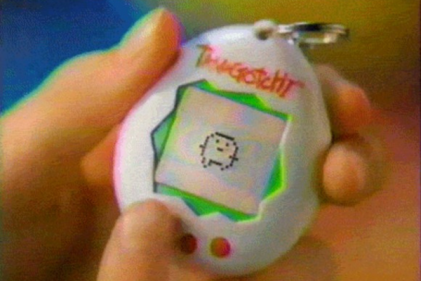When our children get to a certain age, the requests for toys and teddy-bears begin to peter out, and they start asking for more ‘grown-up’ things. As parents, we want to treat our kids, so it’s only natural that we would give in to their pleas for the latest tech toys and gadgets.
Ask around, and most parents will probably admit to buying a TV set for their children’s room. But while this may be a popular trend, is it necessarily good for them? Researchers think not.
A new study has shed light on a potential downside of letting your child have a TV in their room: it could be leading them to pile on the pounds.
According to new research, carried out by a team at University College London, children with televisions in their bedrooms are more likely to be overweight than those without.
As part of the study, the team analysed data from over 12,000 children in the UK. According to their data statistics, more than half of these children have a TV set in their bedroom by the age of seven.
While parents measured how many hours a day their child spent watching TV in their rooms, the team carried out a Body Mass Index and body fat percentage measurement once the kids reached the age of 11.
The results were fascinating. Girls who had TVs in the bedrooms at the age of seven were found to be 30 per cent more likely to be overweight by the age of 11; this is compared to their counterparts without TVs in their rooms.
For boys, the risk stood at 20 per cent, in comparison to those without TVs in their rooms.
Commenting on the research in the International Journal of Obesity, author Dr Anja Heilman said: “While our screens have become flatter, our children have become fatter.
“Our study shows there is a clear link between having a TV in the bedroom as a young child and being overweight a few years later.”
While there is no established reason recorded for the link between watching TV and putting on weight, the experts theorise that it could come down to the fact that the children are getting less sleep (the pesky impact of excessive screentime) and are snacking more.
Now, the researchers are set to extend their research, to investigate whether or not similar results will emerge in the case of laptops and mobile phones.
Well, mums, what do you think? Have you noticed this pattern with your own children? Let us know.









